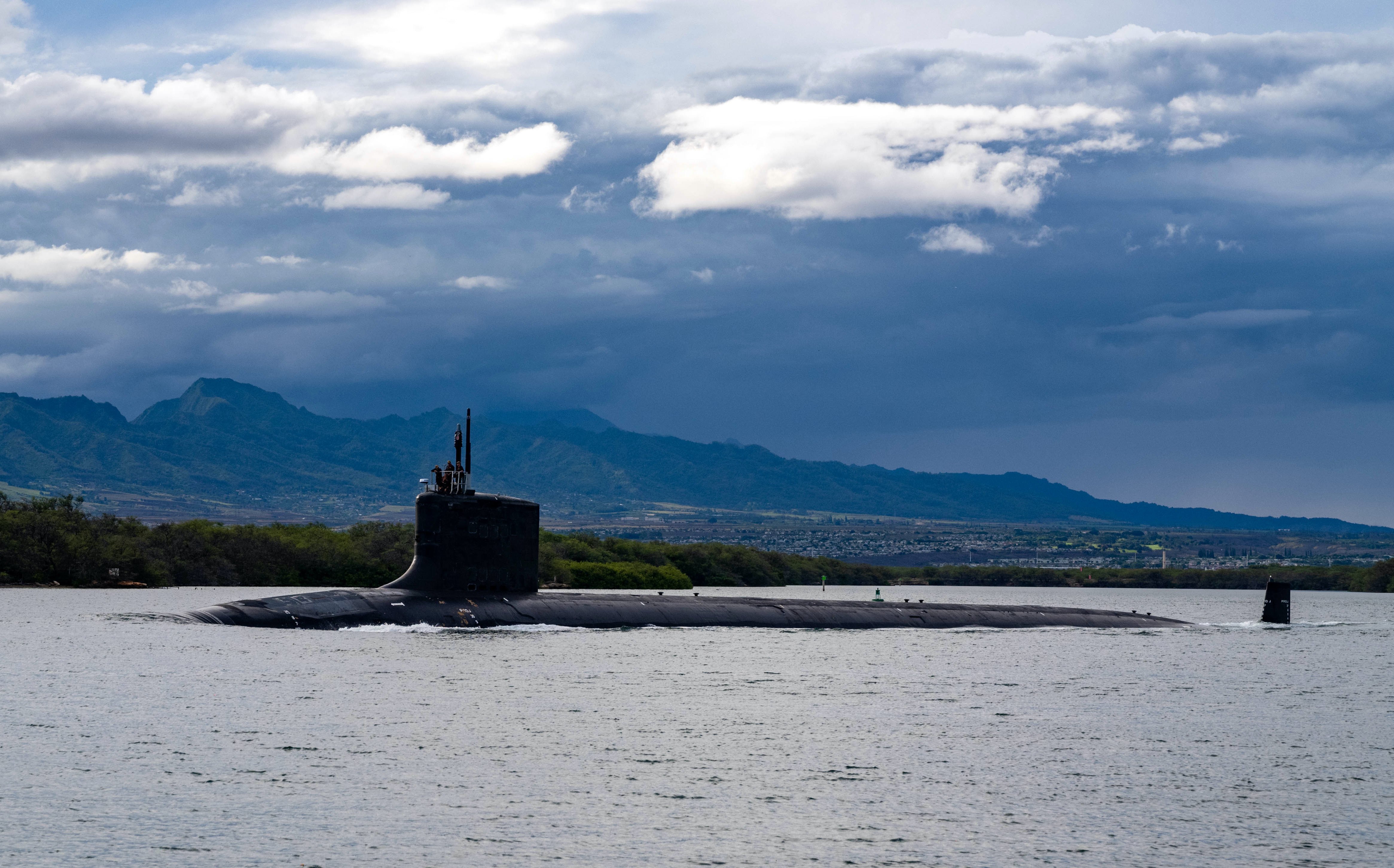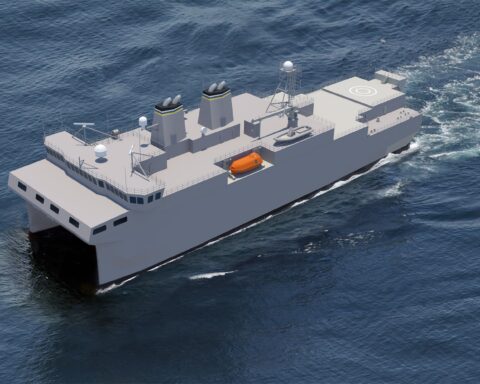The following is May 23, 2018 Congressional Research Service report, Iran’s Foreign and Defense Policies.
From the Report:
Iran’s national security policy is the product of many, and sometimes competing, factors: the ideology of Iran’s Islamic revolution; Iranian leaders’ perception of threats to the regime and to the country; long-standing Iranian national interests; and the interaction of the Iranian regime’s various factions and constituencies. Iran’s leadership:
- seeks to deter or thwart U.S. or other efforts to invade or intimidate it, or to change its regime.
- has sought to take advantage of opportunities of regional conflicts to overturn a power structure in the Middle East that Iran asserts favors the United States, Israel, Saudi Arabia, and other Sunni Muslim Arab regimes.
- seeks to enhance its international prestige and restore a sense of “greatness” reminiscent of ancient Persian empires.
- characterizes its support for Shiite and other Islamist movements as support for the “oppressed” and asserts that Saudi Arabia, in particular, is instigating sectarian tensions and trying to exclude Iran from regional affairs.
- attempts to use the sanctions relief provided by the July 2015 multilateral nuclear agreement (Joint Comprehensive Plan of Action, JCPOA) to emerge as a regional energy and trade hub and to negotiate future weapons buys. The sanctions easing has provided Iran with additional financial resources that U.S. officials assert has been used to further its regional interventions. Protests in Iran during January 2018 indicated that many Iranians oppose using substantial Iranian resources abroad.
- sometimes disagrees on tactics and strategies. Supreme Leader Ali Khamene’i and key hardline institutions, such as the Islamic Revolutionary Guard Corps (IRGC), oppose any compromises of Iran’s national security core goals, but support the reintegration into regional and international diplomacy that is advocated by Iran’s elected president, Hassan Rouhani.
Of significant concern to successive U.S. administrations is Iran’s provision of material support to its allied governments and armed factions such as Syria, Lebanese Hezbollah, Houthi rebels in Yemen, Iraqi Shiite militias, and Bahrain militant groups. Several of Iran’s allies have conducted acts of international terrorism and each annual State Department report on international terrorism since the early 1990s has described Iran as the “leading” or “most active” state sponsor of terrorism. Israeli leaders identify Iran’s significant presence in Syria as a growing—and unacceptable—threat to Israel’s security. The Trump Administration has cited Iran’s regional “malign activities” and repeated ballistic missile tests to assert that “Iran’s provocative actions threaten the United States, [and] the [Middle East] region,” and that the JCPOA has failed to address Iran’s objectionable behavior beyond its nuclear program. It was partly because the JCPOA did not curb Iran’s regional malign activities—and provided Iran additional financial resources to carry on those activities—that President Trump withdrew the United States from the JCPOA on May 8, 2018, and announced that all U.S. sanctions would be reimposed. However, neither the President nor Secretary of State Mike Pompeo have nnounced specific new steps to blunt Iran’s regional influence, and experts note that sanctions alone are likely to be ineffective in accomplishing that objective.
via Federation of American Scientists (fas.org)





